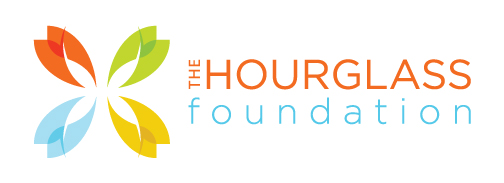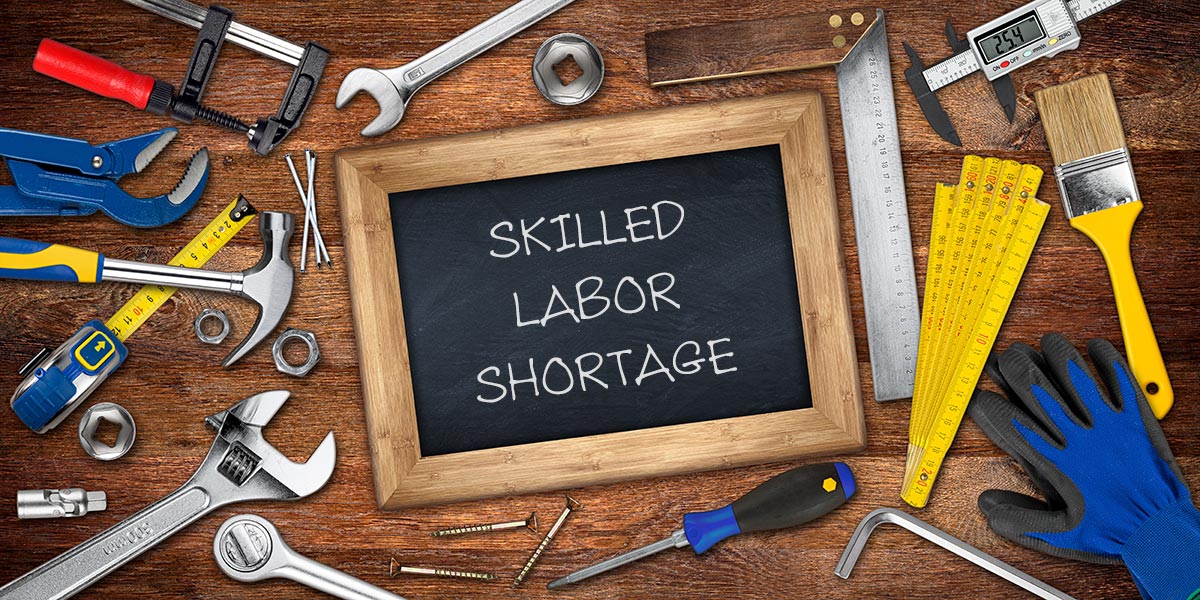Few auto dealers are unaware of the growing shortage of service technicians and mechanics. According to the U.S. Bureau of Labor Statistics, as older generations of workers retire, they are being replaced by younger workers who are more likely to seek four-year college degrees rather than technical training.
The result is a need for 46,000 more technicians and mechanics to fill roles in dealership, fleet and independent shops by 2026.
Auto dealers will be forced to compete with other business owners and fleet managers for scarce talent. Fortunately, they can offer such benefits as regular working hours (and the potential for overtime) in clean, safe facilities equipped with the latest tools and the opportunity to become a factory-certified brand specialist.
Meanwhile, a number of industry partners are working to address the technician shortage with programs designed to introduce more workers to this high-demand — and often high-paying — trade.
Training for the Future
Education and training offers a path to a career as an automotive service technician or mechanic, and there is no shortage of colleges, trade schools and certification courses to choose from. The key is attracting more students to those programs, and first-generation students are a primary target.
A 2018 report from the U.S. Department of Education found 33% of all college students are first-generation, meaning neither parent has earned a four-year degree. Columbus (Ohio) State Community College reports that 50% of enrollees in its two-year Automotive Technology program belong to this group.
A grant from the State of Ohio offers $1,000 scholarships to students, and a support program helps first-generation students in every discipline acclimate to academic life. But CSCC is only one example of organizations working to expand the pool of qualified candidates.
Last year, the National Automotive Technicians Education Foundation and the Automotive Youth Educational Systems merged to form ASE Education Foundation, a new organization dedicated to growing the workforce and connecting candidates with employers. The foundation’s stated goal is to align “schools, students, instructors, training managers and employers in a universal system.”
In February, Icahn Automotive rallied AAMCO, Pep Boys, and other maintenance and repair providers to launch “Race to 2026.” The program offers scholarships as well as tuition reimbursement assistance and apprenticeships through educational partners such as the Universal Technical Institute and Lincoln Tech.
Anything with an Axle
Also joining the cause is the Hourglass Foundation. As the philanthropic arm of asset management provider Hourglass Management Corp. (Flexco Fleet Services, Innovative Funding), the foundation’s stated mission is “Empowering young adults to achieve their dreams in the face of financial adversity.”
To achieve that goal, the Hourglass Foundation raises funds for trade school scholarships, community college auto technician programs and philanthropic giving, primarily by collecting monetary donations on its website.
But they also offer a rather unique way to contribute, and one that mirrors one of Hourglass’ core tenets: “There is more than one path to a successful life and career.”
Any individual or company, including auto dealers and dealerships, can contribute to the Hourglass Foundation by donating a vehicle online in three easy steps. With expertise gained as a leader in the asset management segment, Hourglass takes “Anything with an Axle” and maximizes its return on the wholesale market.
The service technician and mechanic shortage shows no sign of abating, but with help from automotive industry partners, dealers can take an active role in recruiting, hiring, training and retaining skilled workers, a win-win-win for all sides.
Hourglass chairman Ron Shoemaker and his son, Chad, established the Hourglass Foundation in 2017.
“We’ve been fortunate to work in an industry that has been very good to us,” Chad Shoemaker said. “We see a void in the marketplace and are compelled to access our network to give back to help fill that void.”






